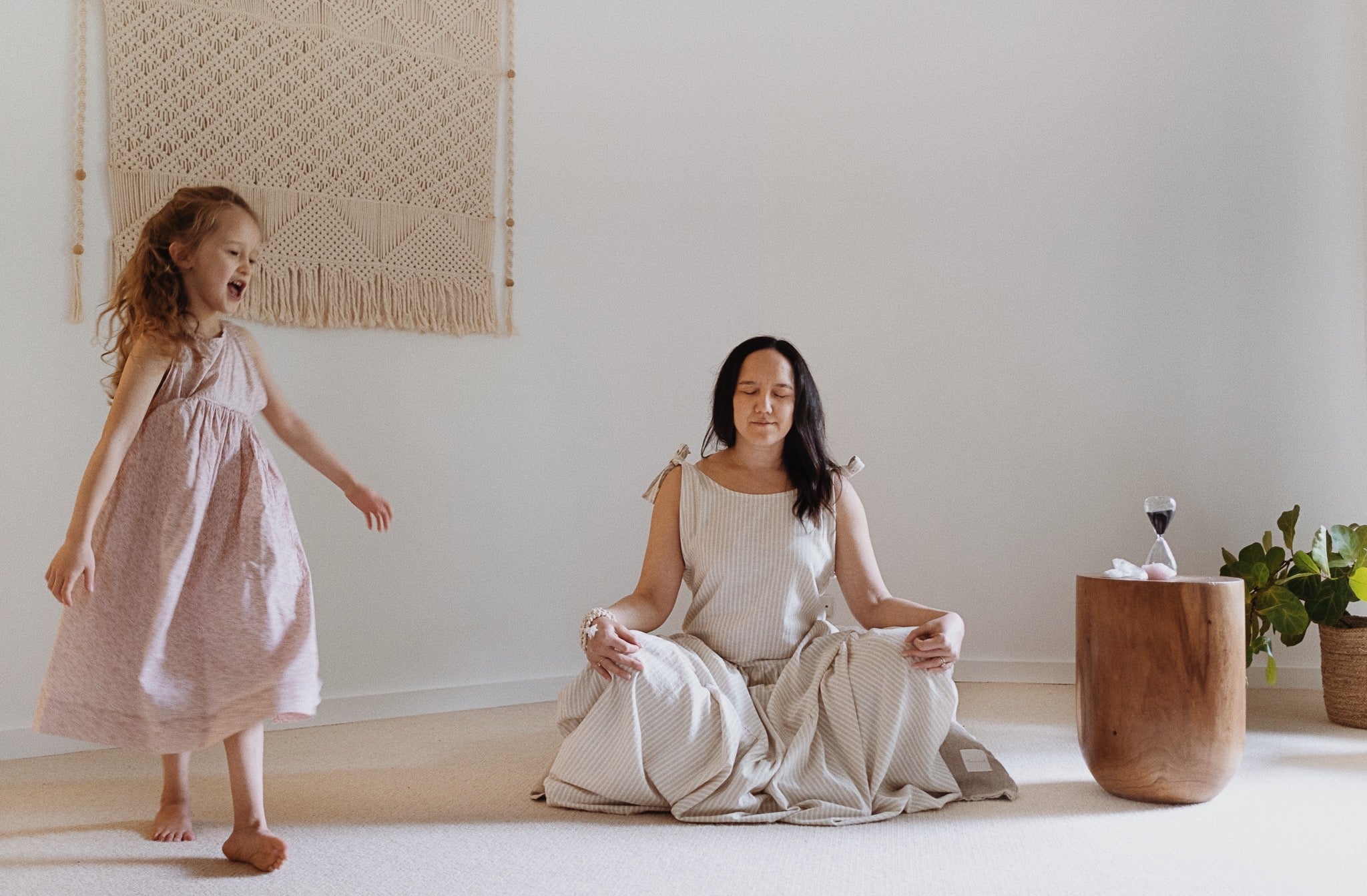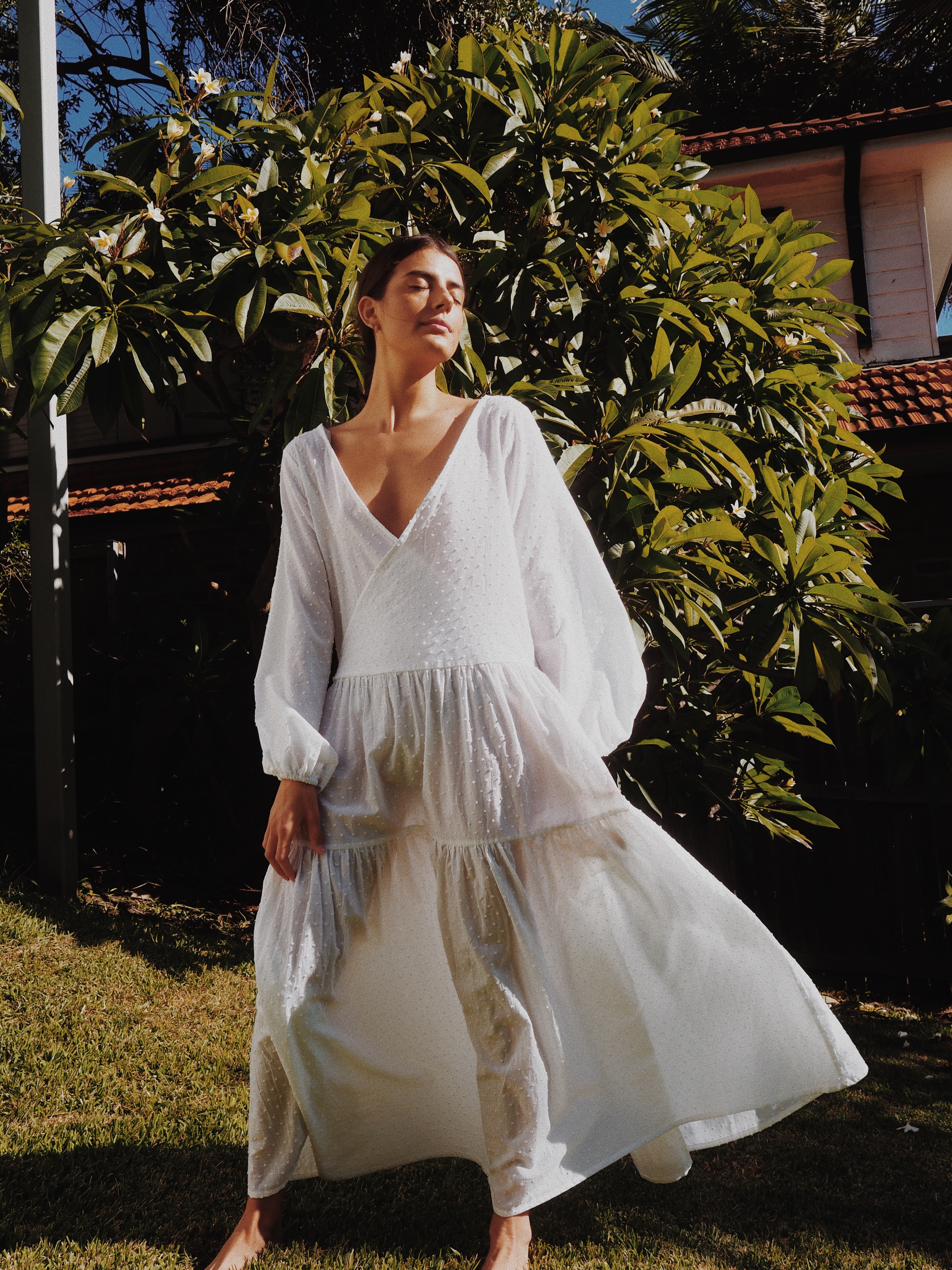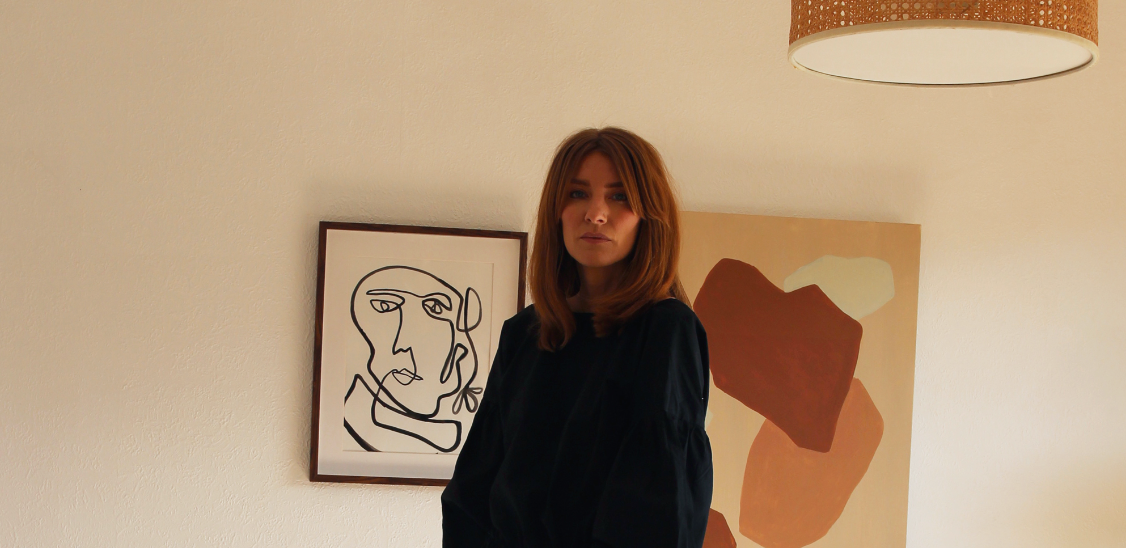
Dr Anna Young-Ferris is an inspiring woman all round. Pursuing her passions in sustainability and Vedic meditation and turning them into her careers. Seemingly very different, however upon closer inspection are not that diverse; both having a positive impact on society and the individual. We wanted to know more about Anna, so took the opportunity to ask her some questions about life, her passions and how she incorporates meditation into her daily life.
Can you tell us a little bit about yourself; where you were born, where you grew up, where you are based now, as well as your two passions/careers; Meditation teacher and Sustainability lecturer, and how did you get into them?
.
I was born in Manly hospital in Sydney. Spent time as a babe in Manly and Bondi, then from age 4-14 years I grew up on the beautiful beaches of Coffs Harbour in Northern NSW. I am currently based in the equally beautiful Northern Beaches of Sydney in Newport. My home office/ meditation studio is nestled between a rainforest and the Pittwater.
From an early age I have always felt a deep connection to people and planet. This led to university studies and a corporate career focused on corporate accountability for social and environmental impacts, largely at Ernst & Young in the climate change and sustainability team. About a decade ago I wanted to study further as was getting quite disillusioned in the corporate sector. I took a sabbatical and became an academic embarking on a PhD in responsible investment. And have not yet left as I really enjoy teaching and researching about responsible business and investment, and the importance of climate change and sustainability.
At the same time, since my teen years I have always been an avid yoga asana practitioner and a practitioner of meditation. Meditation really helped calm my monkey mind. Since 2007 I practiced a meditation technique every day for 5 years then really wanted to take my practice deeper and learnt Vedic meditation in 2012, a twice daily practice of 20 mins.
With all of my corporate and academic work I realised I was trying to ‘change the world’ from the outside when real change was not going to happen until we change or expand individual consciousness. I had experienced so many benefits from my own meditation practice (especially as a mum of small children) I decided to become a Vedic meditation teacher. So for now I am privileged to be able to pursue both of my passions and actually weave lots of my meditation studies into my research and teaching which is a wonderful place to be.
2020 has been a year none of us could predict, testing people in so many ways, from natural disasters to global pandemic. How did you cope through it all and what tips can you share with us?
My view on 2020 is probably a little different to most. Whilst I feel deep compassion for the continued suffering caused by the bushfires and the pandemic, it has also given many a much needed chance to take stock and slow down. Especially, it has given Mother Nature some time to heal. My deep hope is that we learn the lessons about our over-reliance on developing nations to support our lifestyles of convenience, consumption and over production and that we can weave sustainability and balance more explicitly into our way of life.
Personally, I really enjoyed and appreciated the time at home with the kids during lockdown. I continued to work and teach online (both university and meditation) and home school my 6 year old with a toddler in toe which was not without its challenges. However, I loved knowing what she was learning and knew this time would not last forever. We did a daily walk at our local beach - very blessed to live where we do, surrounded by Nature. It also means a lot of access to my teachers who are all over the world, when in the past this would not have been possible without spending hours on a plane.
You are a busy woman, navigating two career streams, children, husband and family life, do you incorporate your meditation techniques into your busy days? If so, how?
Of course, my meditation practice (which is quite extended these days!) is vital in allowing me to do all of things I do with love, presence and devotion. It nourishes my mind, body and soul – a reset and a refresh twice per day. Ideally, I wake up around 5am before the household and do my practice which can be anywhere from 1-2 hours, pending when the little ones wake up. I’ll do some gentle asana (yoga postures), pranayama (breathwork), extended meditation practice, and savasana (rest). I also do a shorter practice about 30 mins or so in the afternoon, between the transition from work to family is ideal.
The great thing about Vedic meditation is that it is a very flexible practice – when you learn the commitment is only 15-20 mins twice per day to reap the full benefits of the practice. As a teacher I am doing deeper study and advanced practices hence my practice currently takes a lot more time – just don’t want to put anybody off who may be interested in learning!
Can you tell us a little more about the Vedic meditation technique that has helped you so much and that you now teach?
I have seriously tried many meditation techniques over the decades and also once held the misconception, like everyone, that meditation is about clearing the mind of thoughts. The issue is most meditation techniques have actually been designed for monks or nuns and those that live in solitude with little to no possessions or distractions. When we transport these techniques to our busy modern ‘householder’ lives, (via apps!) it is easy to see why we get frustrated because we can’t stop the thoughts.
That is, until I found the technique of Vedic meditation which has been perfectly honed for householders - like you and I - we live in the modern world, we have jobs, possessions and families etc. We gently repeat a personal mantra inside our mind to dive beyond thoughts; we learn that asking the mind to stop thinking is like asking the lungs to stop breathing; and we accept that thoughts in meditation are perfectly fine. During the Vedic meditation course of personal instruction we learn about the mind-body connection and how everything that happens to us physically affects us mentally and vice versa. We learn that when there are thoughts in meditation it is actually a sign that stress is being laundered out of our nervous system. This can be accumulated stress - from superficial day-to-day situations to more significant stress situations, like a relationship break up, buying/selling a house, illness and death etc - that have been layered into our nervous systems over the years. Each of us will have a different cellular imprint of stress that needs to be released, so in fact the busier and more thought filled our meditation is the more stress is being released. So thoughts in Vedic meditation actually benefit us!

We're all about self-care and looking after ourselves and each other, can you share your daily routine that keeps you looking and feeling good?
My daily self-care ritual definitely keeps expanding and changing over time – meditation is definitely the foundation of my self-care! It’s good to remember that there is no such thing as a perfect practice. What I describe here is my optimal practice but every day is different especially with little people in the mix so going with the flow of life is key.
After my morning meditation practice (described above). I’ll have a ginger appetiser and my ayurvedic herbs, plus I drink hot water throughout the day and last thing at night, which all work wonders for my digestion. I have recently switched the whole family to an ayurvedic diet which has been amazing and has simplified things having children with severe food allergies and after 10 years of gluten free and recently grain free.
For physical exercise I (power) walk around my stunning neighbourhood which is surrounded by nature and the Pittwater or I practise online yoga asana.
My afternoon meditation is from my home office (or used to be on the bus home from my city office). The great thing about Vedic meditation is noise is no barrier so you can practise anywhere you can close your eyes – seriously! This works well on the weekends as sometimes I meditate in the afternoon whilst cuddling one of my kids and they’re watching television or even in the car whilst hubby is driving.
My bedtime ritual can include a mini abhyanga (self-massage) where I use an oil and massage my forehead, temples, palms of my hands and soles of my feet, literally telling my nervous system that ‘it is time to sleep’. Sometimes I do some gratitude journaling. Then I’ll read something inspiring, though by this stage I’m getting pretty tired. Since switching fully to Ayurveda and chewing my food properly, my digestion and sleep have improved incredibly. I aim to be in bed by 9.30pm and asleep by 10pm, ensuring I switch off all devices for at least an hour before I go to bed.
What are the three most important things in your life?
Family and friends, my students (meditation and university), my practice and study.
What are your favourite UNIK by us pieces?
Oh this is the hardest question of all as I love it all (and I just saw the new collection!!). I do particularly love the tiered Juliette and the Byron oversized shirt especially the new grey stripe colour way. The Cooper shorts and Jonathan pants look super comfy and wearable.
Anna teaches Vedic meditation across Sydney. If you are interested to find out more about the Vedic meditation technique, her final Vedic meditation group course for 2020 is on 13-18 Nov from her Newport studio, by the Pittwater in Sydney’s beautiful Northern Beaches. Follow Anna on Instagram @annayoungferris, head to www.annayoungferris.com for details of upcoming courses and events, or email hello@annayougnferris.com.












